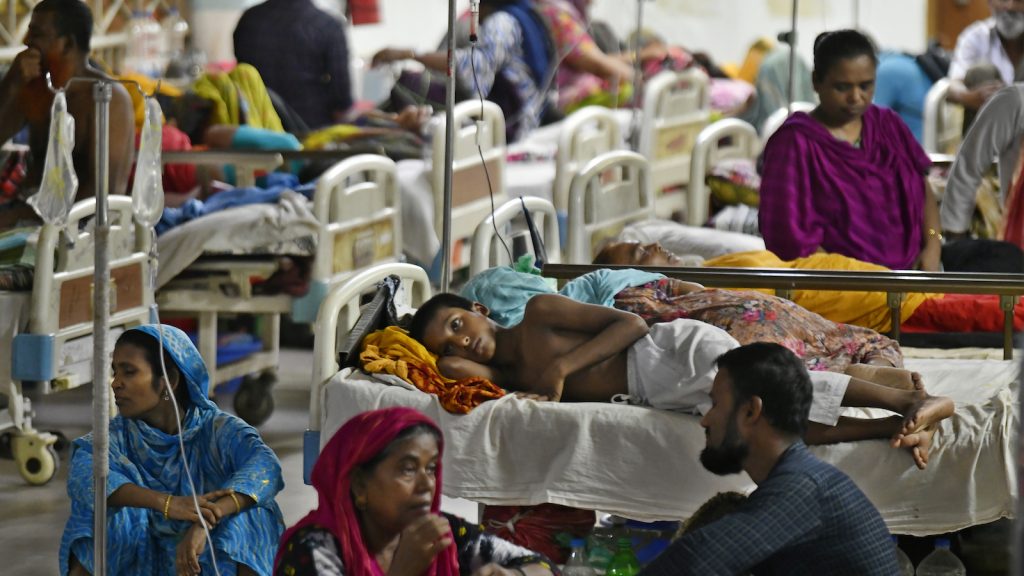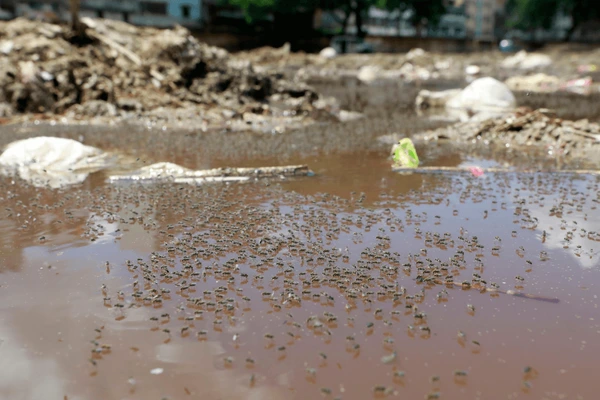Climate change is behind nearly a fifth of the record-breaking dengue cases reported worldwide in 2024, according to a US study presented on Saturday. Researchers highlighted how rising temperatures are helping to spread the disease, with global warming pushing mosquitoes into previously cooler areas.
“Dengue is a really good first disease to focus on because it’s very climate-sensitive,” said Erin Mordecai, a Stanford University infectious disease ecologist and senior author of the study.
The research, which is yet to be peer-reviewed, was unveiled at the American Society of Tropical Medicine and Hygiene’s annual meeting in New Orleans.
The mosquito-borne viral disease, known for causing fever, body aches and, in severe cases, death, thrives in temperatures between 20°C and 29°C. Rising global temperatures have expanded the range of dengue-carrying mosquitoes, leading to unprecedented case numbers.

The study analysed data from 21 countries across Asia and the Americas, revealing that 19% of current dengue cases are attributable to past climate warming. Elevated regions in Peru, Mexico, Bolivia, and Brazil are particularly vulnerable, with researchers predicting dengue cases could rise by up to 200% in these areas over the next 25 years.
Globally, an estimated 257 million people live in regions where climate change could double dengue transmission rates by 2050.
The World Health Organization (WHO) reported 12.7 million dengue cases as of September 2024, nearly double the record set in 2023. However, Mordecai believes the actual number could exceed 100 million due to under-reporting.
Despite the grim findings, there is hope. Another study presented at the conference demonstrated the success of Wolbachia-infected mosquitoes, which block the transmission of dengue.
In the Brazilian city of Niteroi, where these modified mosquitoes were introduced five years ago, dengue cases remained 90% lower than before the intervention, even during Brazil’s worst-ever dengue outbreak this year.
Efforts are now underway to scale this strategy. Researchers are partnering with the Brazilian government to build a facility for producing Wolbachia-infected mosquitoes, aiming to safeguard millions of people against dengue.


